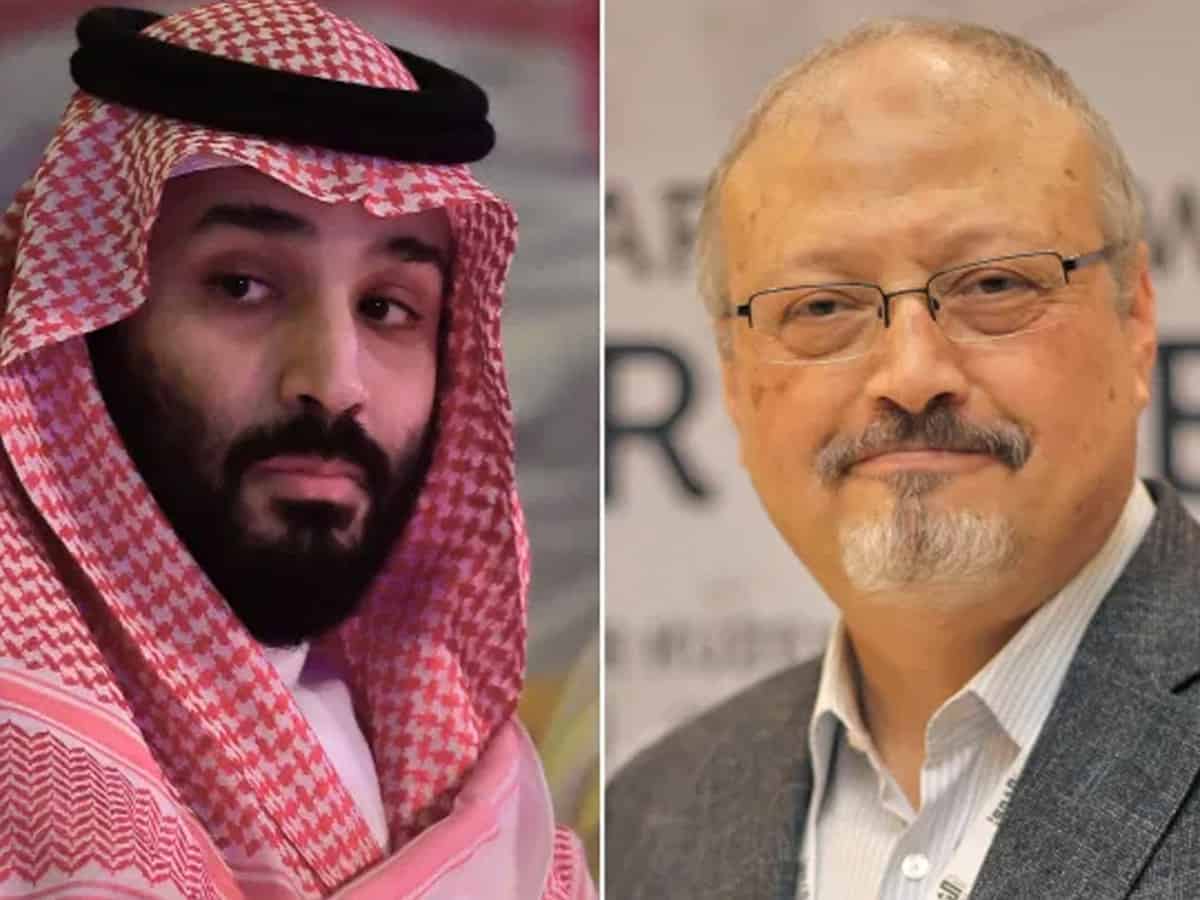
Dear friends,
On 25 October 2018, just three weeks after Jamal Kashoggi was murdered in the Saudi consulate in Istanbul, I had written a detailed article on the subject in The Wire. In the context of Biden releasing the US’ intelligence report on the crime, The Wire has re-uploaded the piece; those who don’t mind going back to an old article may access it here.
Here let me offer some updates on various points raised in the article:
1. The murder: Biden has given considerable attention to the possible culpability of Crown Prince Mohammed bin Salman (MBS) in the murder. Frankly, this was a given as the first sentence in my article makes clear. Also, full details of the gruesome crime were already available within 2-3 weeks of the event, as reflected in the article.
One correction: The article refers to the discovery of body parts of the murdered victim, based on a Turkish news item of 23 October 2018. This was wrong; no body parts have been recovered, the speculation being that Khashoggi’s body was melted in acid to leave no trace of the crime.
Under international pressure, Saudi Arabia sacked two of the main perpetrators — Maj Gen Ahmad al-Assiri, deputy chief of intelligence, and Saud al-Qahtani, MBS’ close factotum, referred to as a “Rasputin-like” figure in the article, who personally monitored the murder on Skype. He was arrested for the murder but, according to reports in 2019, he was acquitted for “insufficient evidence”. He is described as an adviser to the crown prince.
Saud al Qahtani was also acquitted of the murder, but has since “disappeared”; there are unconfirmed reports that he has died. Eleven others who were prosecuted were given death sentences, which have been commuted to life imprisonment.
2. “Davos of the Desert”: Yes, as mentioned in the article, the kingdom’s annual event, “Davos of the Desert” of Oct 2018 was poorly attended. This was quickly corrected the next year: several distinguished personalities attended, including Prime Minister Narendra Modi.
3. Yemen conflict: By end-2018, the war in Yemen was nearly three years old; the article refers to 10,000 dead. It is now six years old, and the dead are estimated at 100,000. It is recognised as a great humanitarian disaster. There is a military stalemate. But, despite criticisms from sections of the US Congress, Trump refused to restrict US arms supplies and also continued intelligence support for the Saudi military effort.
4. MBS’ personality: the Khashoggi murder appears to have irretrievably tarnished MBS’ public persona; till then the western media was happy to project him as a great reformer. In fact, he is now generally seen in a negative light, eg, the long imprisonment and mistreatment of human rights activist Loujan al-Hathloul has been widely covered. But MBS remains unfazed: he has been a major and even welcome visitor to global capitals and a fixture at major international events. Over the last four years, he enjoyed the friendship and sustained backing of Trump and Jared Kushner, with both sides understanding the mutual value of this transactional engagement. At critical times, his supporters refer to the kingdom’s financial resources, its grand multi-billion dollar projects causing international consultants and contractors to salivate, and the billions that are on offer for foreign investment. Recall here that we have been offered
$ 100 billion!
5. Turkish aspirations: I think the aftermath of the Khashoggi murder perhaps for the first time revealed Turkey’s ambitions in WANA and the emergence of its doctrinal and political competition with Saudi Arabia. These have now become the central realities in West Asian affairs — Turkish forces are now deployed in Syria, Iraq, Qatar and Libya and it is confronting the navies of the littoral states in the east Mediterranean. Turkey-Saudi ties however need watching; some degree of mutual accommodation could be in the offing.
6. Arab Spring: the Spring endures — see the uprisings in Sudan, Algeria, Iraq and Lebanon in 2018-20; each of them caused the departure of the incumbent HOS/HOG. Though fundamental reforms are not yet apparent, the battles continue. (The uprisings were interrupted by the onset of the pandemic and could soon return.)
7. Political Islam/ Muslim Brotherhood: The epitaph of the Brotherhood was quickly written after the fall of Morsi and the reinstatement of dictatorship in Egypt. Egypt, the Gulf monarchies and some other Arab states hastened to declare the Brotherhood as a terrorist organisation, fudging the difference between jihad and the (peaceful) activism of the Brotherhood. But activist political Islam remains vibrant as an opponent of Arab autocracy. Having said this, once Brotherhood-affiliated parties have been in power either the electorate tires of them (and seeks a normal democratic order) or the parties themselves change, eg, Al Nahda in Tunisia.
Brotherhood-affiliated ideology still holds sway in Turkey, Qatar, Gaza (Hamas) and Tripoli (v/s the Tobruk govt), while the kingdom is ironically backing Brotherhood-affiliated groups in Syria and Yemen. Worth keeping an eye on these developments.
8. “Significant moment”?: Towards the end of my article I had asked: “Is the Khashoggi murder then that ‘significant moment’ in world affairs, one that in itself may not be earth-shaking, but somehow captures the moment and has a cascading impact beyond anything that seasoned observers could have anticipated?” I had mentioned the Abu Ghraib pictures and the self-immolation of Bouazizi as “significant moments” in regional politics. Besides thev murder of Khashoggi, MBS has also been criticised for his mistreatment of senior royals, particularly Princes Ahmad bin Abdulaziz, Mohammed bin Naif and Alwaleed bin Talal. But, though MBS is tarnished, he remains powerful at home and influential abroad, suggesting that he might have successfully handled the challenges posed by the murder.
But uncertainties remain. The murder remains a live issue in the US. Let us hear what Biden has to say on Saudi-US ties to revisit this subject.
Best wishes,
Talmiz Ahmad

